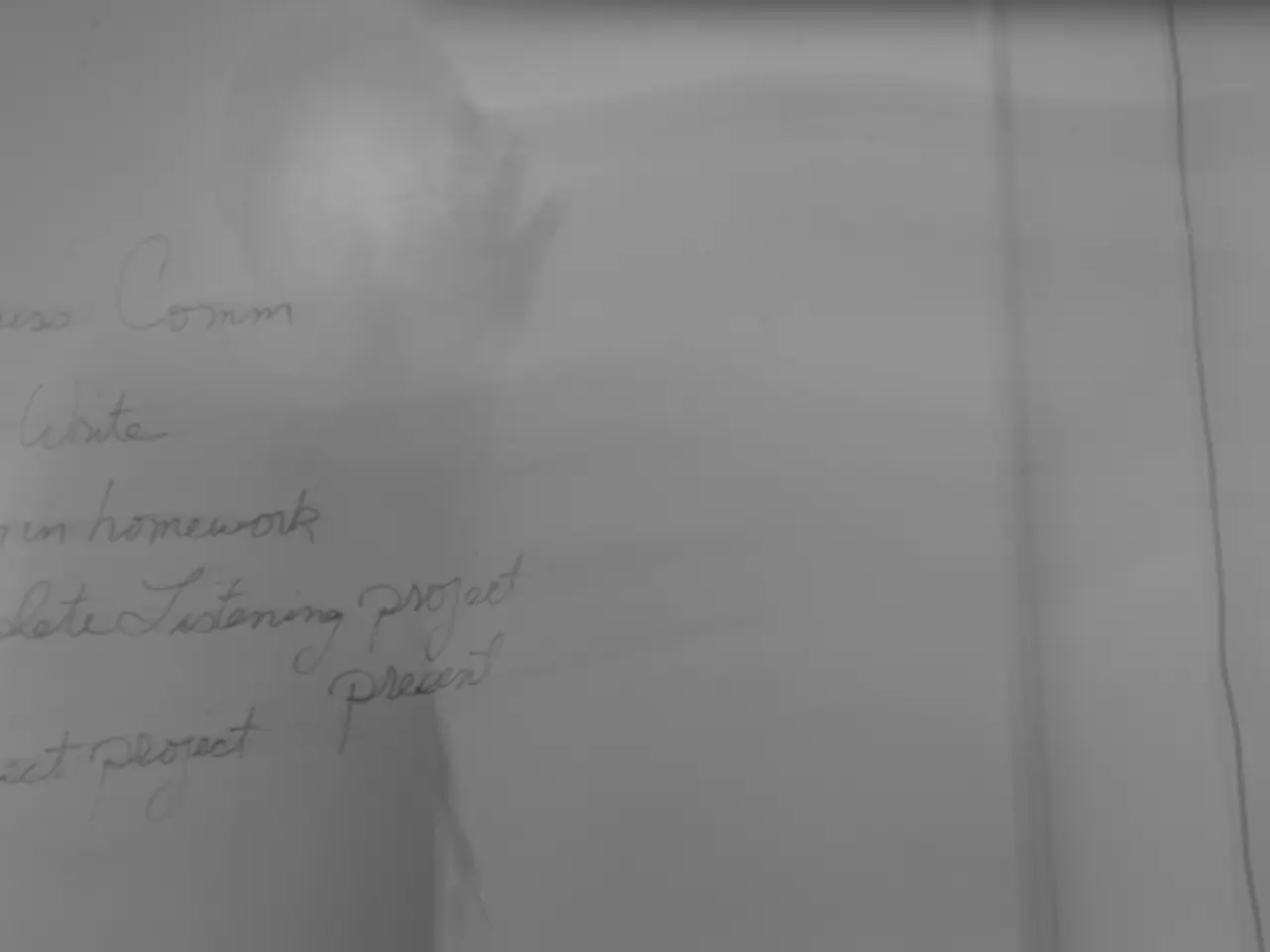European Commission Greenlights Industrial Power Price Aid
EU Commission Removes Barriers for Industrial Power Cost Approval - EU Regulatory Body Facilitates Set Price Adjustments for Industrial Electricity Consumption
Get ready to see electricity bills for businesses dropping, as the EU Commission has paved the way for direct state subsidies under specific circumstances. This move marks a major step towards the implementation of an industrial power price, a promise made by the black-red federal government in their coalition agreement.
The EU Commission has introduced the Clean Industrial State Aid Framework (CISAF), a set of guidelines detailing the conditions under which direct subsidies can be offered to energy-intensive businesses within the EU. Let's break it down:
- Objective and Scope: The subsidies act as short-term, transitional support for companies battling international competition, ensuring a smoother transition to climate neutrality without unfairly disrupting competition.
- Cost Ceilings and Floors: Subsidies enable discounts of up to half the wholesale electricity price, but the final rate can't dip below €50 per megawatt hour. Additionally, the subsidized electricity consumption cap can't exceed half of a company's annual usage.
- Duration: Aid can be provided for up to three years per company and must conclude by December 31, 2030.
- Type of Support: Aid can present itself in several ways, including direct grants, tax incentives, subsidized interest rates, or loan guarantees. However, it cannot involve reducing taxes or levies covering essential energy provision costs like network charges.
- Objective: The CISAF is designed to accelerate the adoption of renewable energy, further industrial decarbonization, boost clean technology manufacturing capacity, and encourage private investment in clean energy.
- Regulatory Basis: The framework operates under Article 107(3) of the Treaty on the Functioning of the EU and replaces the Temporary Crisis and Transition Framework (TCTF).
In summary, the EU breaks out the checkbook for businesses with caveats. The industrial power price assistance focuses on temporary, capped discounts, limited use, and eligibility gear towards clean energy transition goals, offering businesses a cushion during energy market transitions. [(1), (2), (3), (4), (5)]
The establishment of the industrial power price aid is closely connected with the EU Commission's reform, which allows direct subsidies to energy-intensive businesses, as outlined in the Clean Industrial State Aid Framework (CISAF). This framework, operating under Article 107(3) of the Treaty on the Functioning of the EU, encourages employment within the industry sector by providing regulatory support and financing to promote green energy initiatives and clean technology manufacturing. The employment policies of various communities and industries can benefit from this financing, as it leads to a more sustainable and competitive economic environment.




